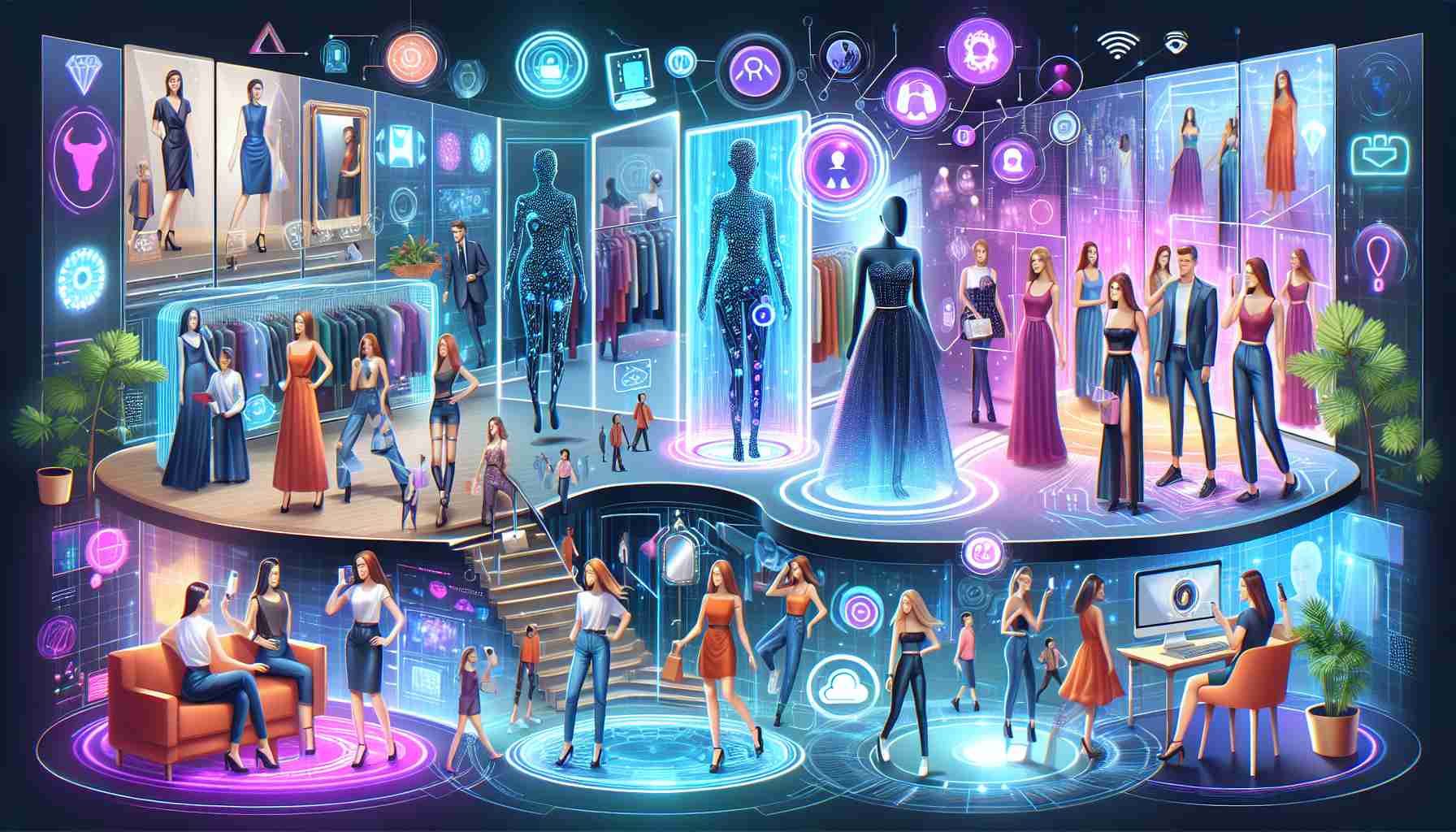
Fusing Artificial Intelligence with Consumer Fashion Experiences
The incorporation of technology into our daily lives is exemplified by the increasing use of smart devices to virtually try on clothing or simulate makeup applications. In particular, AI (Artificial Intelligence) and AR (Augmented Reality) are playing a pivotal role in enhancing these experiences.
Perfect: Leading the AI-Driven Cosmetics Service
In December 2023, at the ‘AI Summit New York 2023’, a company named Perfect highlighted their innovative work employing AI to transform the fashion industry’s customer experience (CX). One of their strategies includes leveraging the image generation AI technology known as ‘Stable Diffusion’.
Collaboration with Cosmetics Giant Estee Lauder
Perfect has teamed up with Estee Lauder, introducing a virtual makeup service on the cosmetics brand’s website. Users can experiment with Estee Lauder’s products virtually on their devices, exploring different shades and textures. This is made possible by Perfect’s facial tracking system ‘AgileFace’, which meticulously analyzes the user’s face and provides a naturally appearing virtual makeup experience in real-time.
Introducing AI-Powered Hair Style Simulation
Additionally, Perfect offers an AI-driven hairstyle simulator, which stands out for its use of Stable Diffusion AI to generate new hairstyles based on user prompts. This marks a departure from traditional simulators, which only allowed selection from existing hairstyles. Consumer goods giant Unilever, through their hair care brand TRESemme, provides a similar AI-based hairstyle simulator service to their customers.
The next feature will delve into AI’s role in skin diagnostics services, further expanding the conveniences modern technology brings to personal care and style.
The integration of AI and AR in the fashion and beauty industries is transforming how consumers interact with products and brands. These technologies are making it possible to enhance shopping experiences, increase brand engagement, and personalize products in unprecedented ways.
Questions and Answers:
Q: How do AI and AR technologies contribute to personalization in the beauty industry?
A: AI and AR technologies enable brands to offer personalized experiences by analyzing user data to recommend products, simulating product usage on users’ images or real-time video, and customizing products based on user preferences and features.
Key Challenges and Controversies:
– Privacy Concerns: The collection and analysis of consumer data for personalized experiences can raise privacy issues. Consumers may be concerned about how their data is being used and stored.
– Digital Divide: Access to AI and AR technologies may not be equal across all demographics, potentially creating a gap in experiences for consumers without the latest devices or high-speed internet.
– Unrealistic Expectations: Virtual simulations might not always accurately represent real-life results, leading to customer dissatisfaction when the actual product doesn’t match the virtual preview.
Advantages:
– Enhanced CX: Consumers enjoy a more interactive and personalized shopping experience, leading to higher satisfaction and engagement.
– Try Before You Buy: Virtual product trials reduce the uncertainty associated with online purchases and can decrease product returns.
– Accessibility: Customers can explore and try products from the comfort of their own homes, broadening the accessibility of beauty and fashion products.
Disadvantages:
– Technology Bias: AI algorithms may be biased based on the data they are trained on, which could result in inappropriate product recommendations for certain user groups.
– Technical Limitations: The accuracy of AI and AR simulations may be limited by current technology, leading to less than satisfying experiences for some users.
– Overdependence on Technology: The focus on digital experiences could reduce opportunities for in-store experiences and personal connections between brands and consumers.
Related links that provide further information on AI and AR technologies in the fashion and beauty industries might include:
– Artificial Intelligence Organization: For information on AI technology developments.
– Augmented Reality Organization: Resources on AR advancements and applications.
Please note that the above URLs are formatted as generic domains and would need to be replaced with actual resources that cover AI and AR technologies if such specific resources exist and are deemed valid.
[embedded content]
